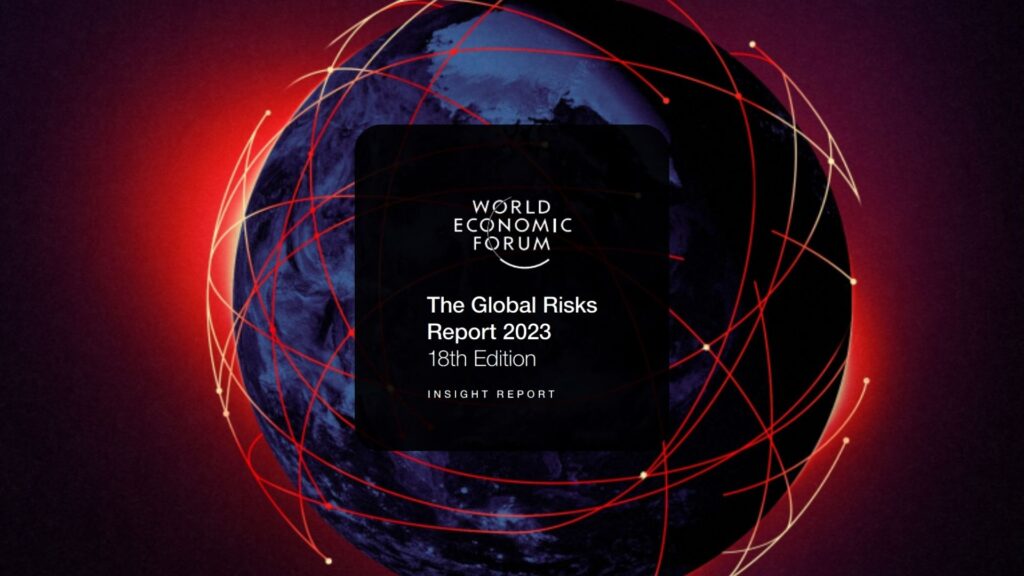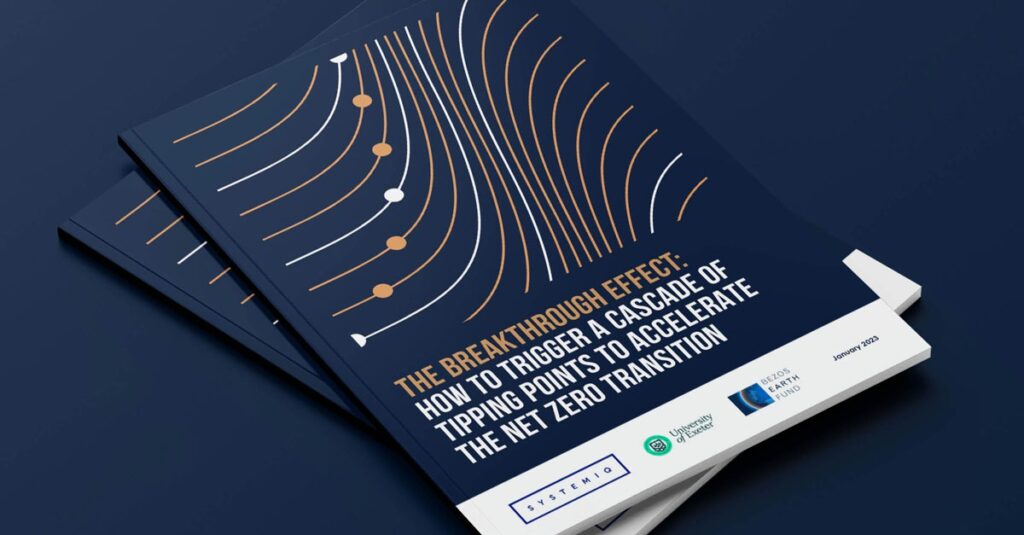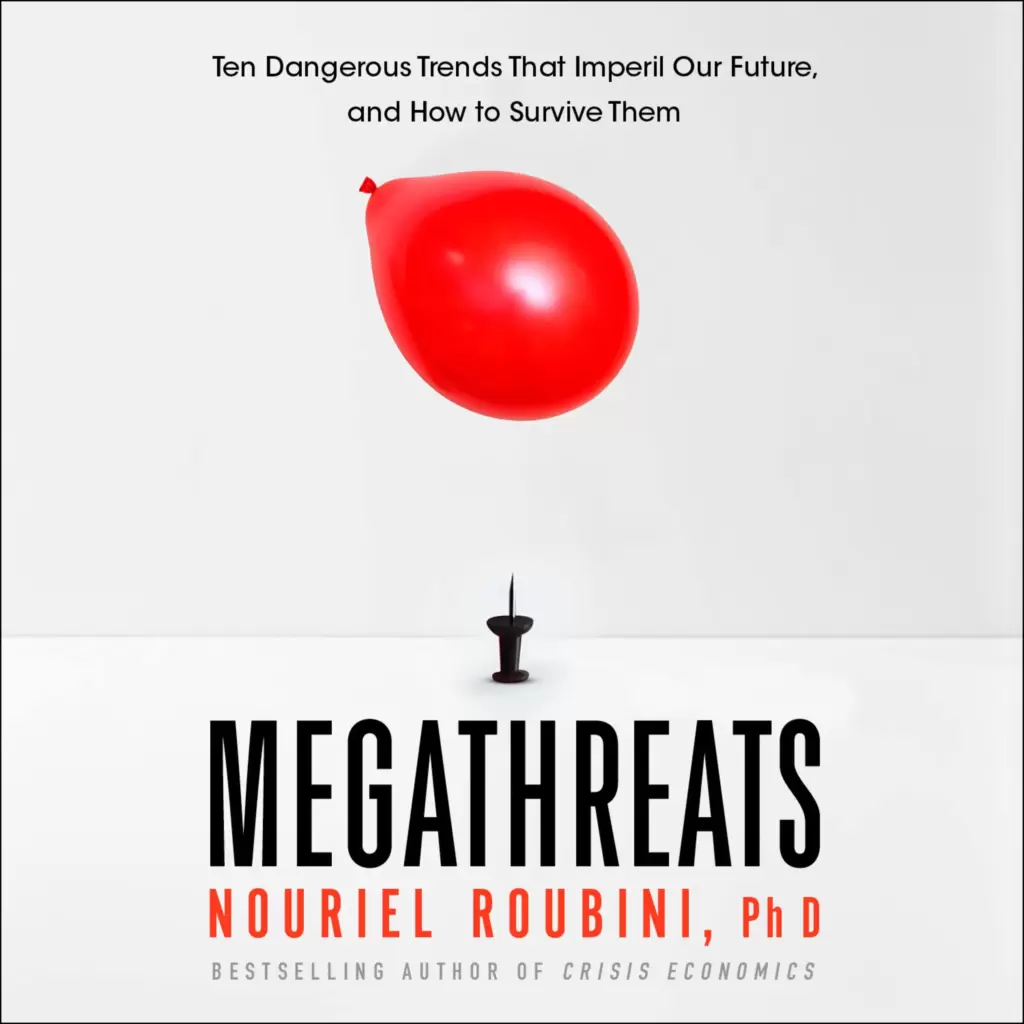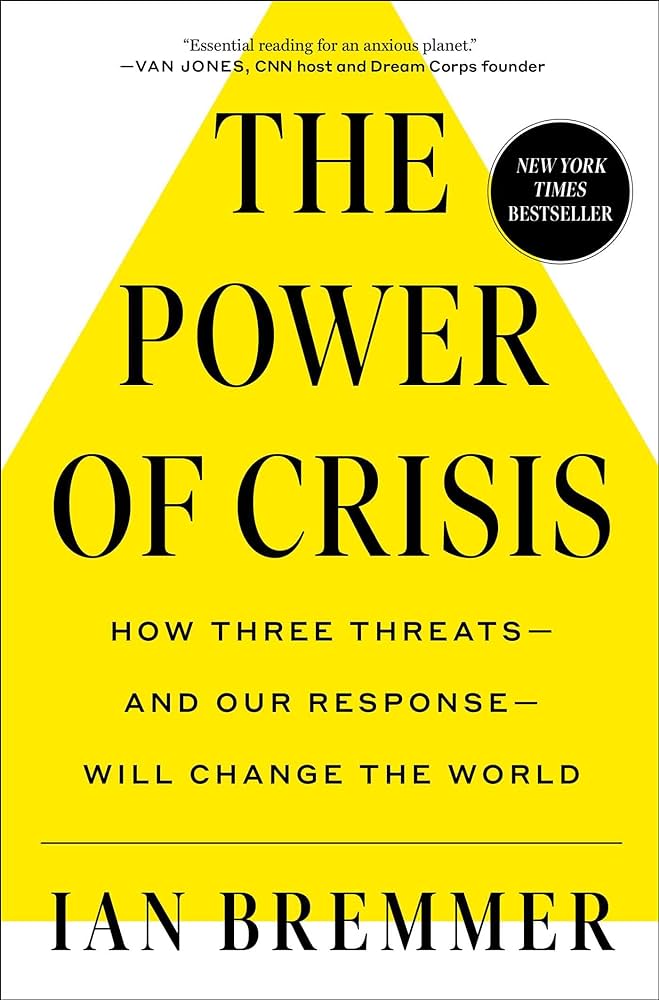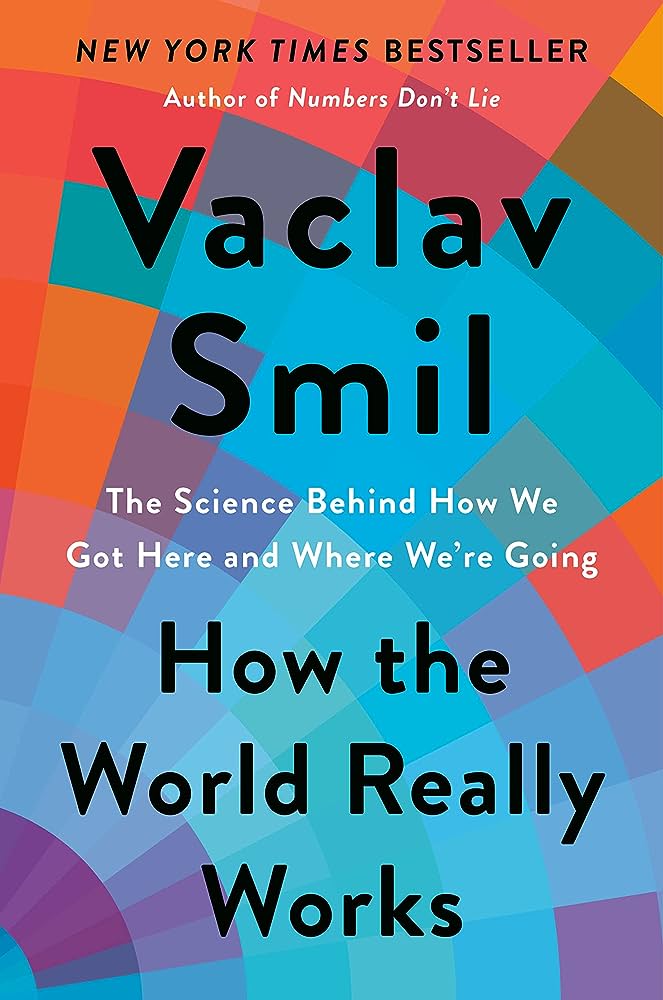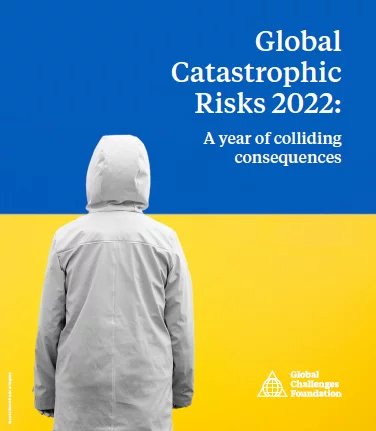Threats by Artificial Intelligence to Human Health and Human Existence
The authors explore how AI, while offering promising benefits in healthcare, also poses significant risks to human health and society. They examine three major threats from misused narrow AI: increased control and manipulation of individuals through surveillance and targeted information campaigns, the development and deployment of lethal autonomous weapons, and the displacement of human labor. […]
Threats by Artificial Intelligence to Human Health and Human Existence Read More »


